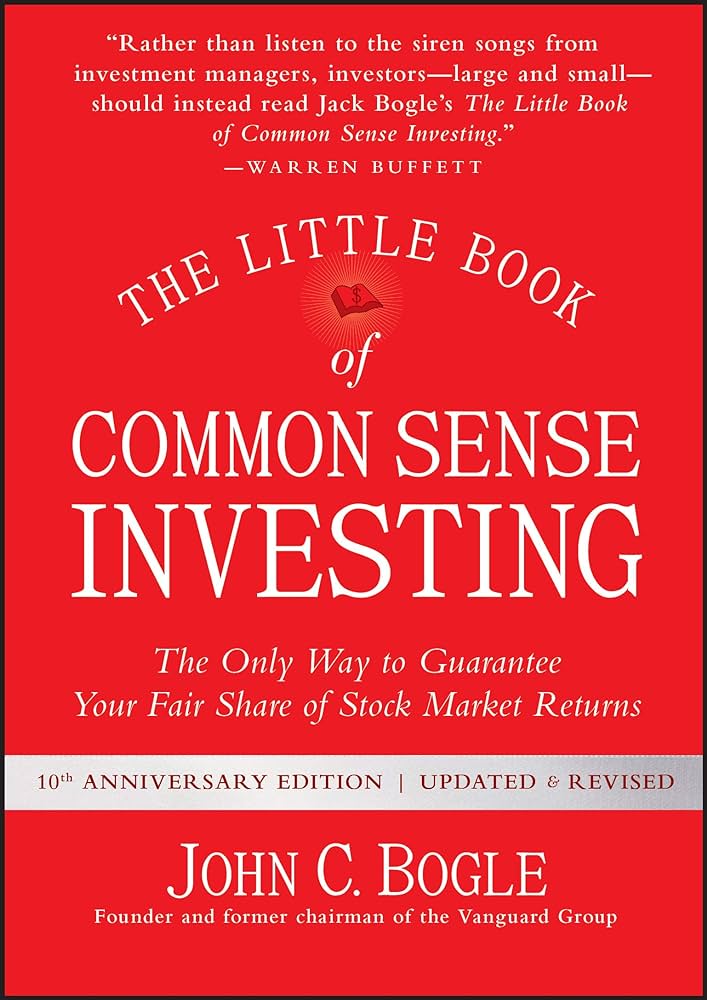Lesson 1- Basic Ideas about Budgeting
Money management is always a difficult task if you don’t know what to do. Managing money is a part of growing up like other activities. It’s not uncommon for young professionals to have no clue on how to manage their money. In fact, most people barely have the requisite knowledge about budgeting, saving, and the stock market. The problem is that we don’t know where to begin. We have dozens of questions about retirement accounts, student loan consolidation, mortgages, credit cards, taxes, etc. We usually turn to our parents and our friends for advice or do some research on our own, but all in vain.
There is no hard and fast savings percentage rule because each situation is different. You must save a significant portion of your income. Most commonly it is advised that we save at least 10 percent of our income but in reality, it won't lead us anywhere. To make a significant impact we need to increase our savings by increasing your income or decreasing your expenses. A fact that is agreed without debate is that all financially successful people have a budget so that should be our starting point. You must know how much money you have, what you save and what is left at the end of the month.
Creating a budget is an easy task. A budget consists of a quick look at your income and expenses today as well as a goal for what you think your expenses should be. Start with a brainstorming session and write down all essential elements of your life that relate to finance and jot them down. These will most likely include your rent or mortgage, utilities, bills, insurance, transportation costs, food, entertainment, subscriptions, shopping, taxes, gifts and donations, credit card minimum payments, student loan minimum payments, etc. If exact amounts are unknown, even estimates work fine. Next, total up all of your expenses. Subtract your total monthly expenses from your total monthly income to calculate what you have leftover each month. Circle that number as that is the crucial 'Golden' number. From the next month onwards, you will need to track the expenses and update your budget as you learn more about your spending habits.
Lesson 2- How Much Should You Save?
Do not get fixated with the common advice of saving 10 per cent. In fact, don't ever feel satisfied with saving 15%, 20%, or even 40%. Save up to 50% if you can afford it. Your income potential is limitless. There is no cap on how much money you can make since there are infinite opportunities to increase your income. However,
Unlock Knowledge with Wizdom App
Explore a world of insights and wisdom at your fingertips with the Wizdom app.
 1 Million+ App Download
1 Million+ App Download  4.9App Store Rating
4.9App Store Rating 5000+Summaries & Podcasts
5000+Summaries & Podcasts









